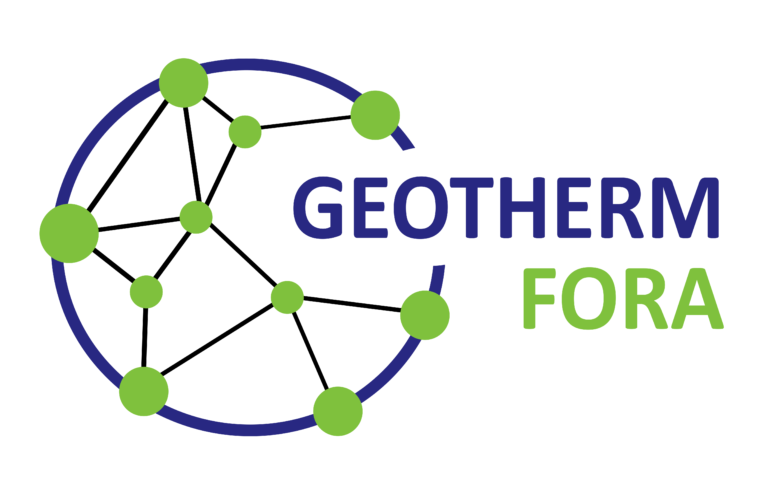
In order to decarbonise the electricity, heating, and transport sectors and reach a climate neutrality by 2050, Europe needs a wide range of renewable technologies, including geothermal systems. Geothermal will be a key energy source in the European decarbonized energy mix. Indeed, geothermal is a unique energy source that can provide a significant share of electricity, heating and cooling, thermal storage and minerals such as lithium. It is a source of energy which is renewable, local and continuously available as it is not dependent on climate conditions. Europe has pioneered the exploitation of geothermal resources for over a century and the EU still maintains a leading role due to research, innovation and the development of new technologies allowing the production of geothermal power as well as heating and cooling everywhere.

Heating and cooling represents 50% of the energy demand in Europe and 80% of the energy consumption in households. The decarbonisation of heating and cooling is essential to the decarbonisation of our energy sector. It is a major challenge that needs to be addressed urgently. The Clean Energy Package introduced several measures aiming at increasing considerably the uptake of renewable heating and cooling solutions until 2030. Most Member States have yet to design strategies for the heating and cooling sector that are ambitious and effective enough in order to comply with the Renewables Directive, namely Article 23.

Geothermal heat pumps (GHPs) are the most effective and versatile technology solution today to lower the carbon footprint and fossil fuel dependency (nowadays, over 75% of household heating demand energy in the EU is being covered by fossil fuels) in the heating industry.
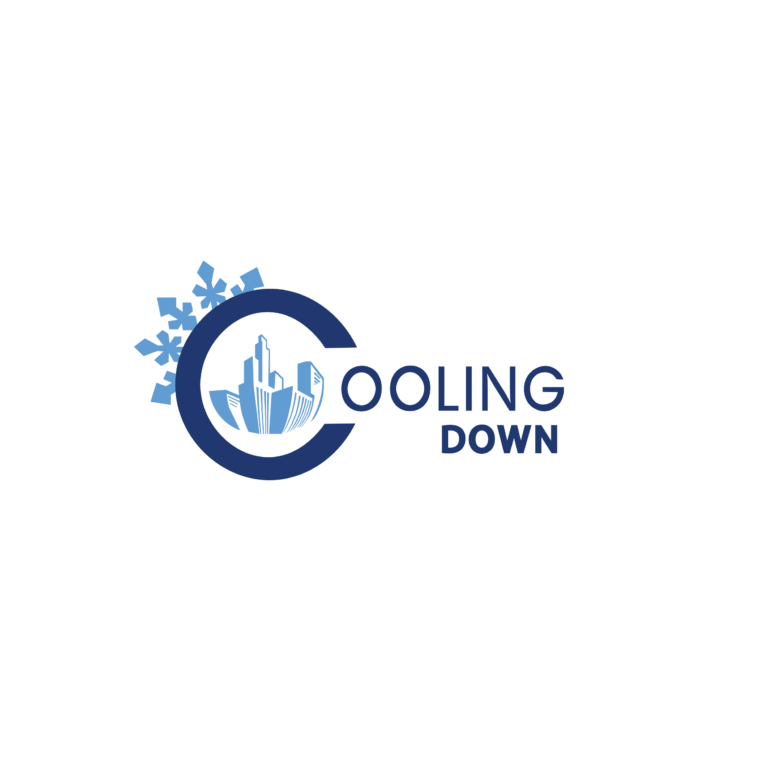
The objective of the COOLING DOWN project is to propose a vision for a renewable cooling sector in Europe in the coming decades, and issue policy recommendations and proposals to achieve it.

Developing a single access point for the market uptake of geothermal energy use in multivalent heating and cooling networks across Europe. Read more about the project.

Ongoing: 2018 - 2021 GEOENVI: Tackling the environmental concerns for deploying geothermal energy in Europe The objective of GEOENVI project is to make sure that deep geothermal energy can play its role in Europe’s future energy supply in an increasingly sustainable way and to create a robust strategy to answer environmental concerns.

2018 - 2021 GEORISK project: Developing geothermal projects by mitigating risks. The project aims to develop financial schemes mitigate the impact of the resource risk by spreading it in such a manner that project developers can accept their fair share of it. This mitigation of the risk through financial instruments allows to lower the financial exposure of developers in case of failure to develop a geothermal reservoir.
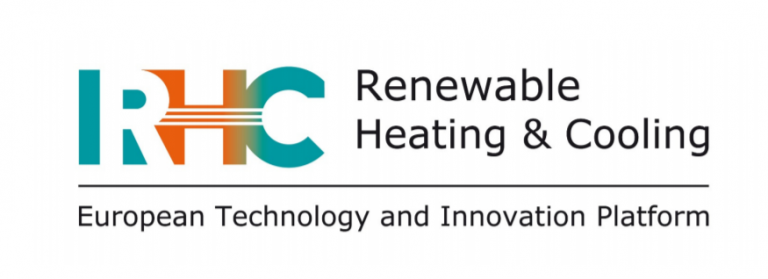
The European Technology and Innovation Platform on Renewable Heating & Cooling (RHC-ETIP) brings together stakeholders from the biomass, geothermal, solar thermal and heat pump sectors – including the related industries such as district heating and cooling, thermal energy storage, and hybrid systems – to define a common strategy for increasing the use of renewable energy technologies for heating and cooling.
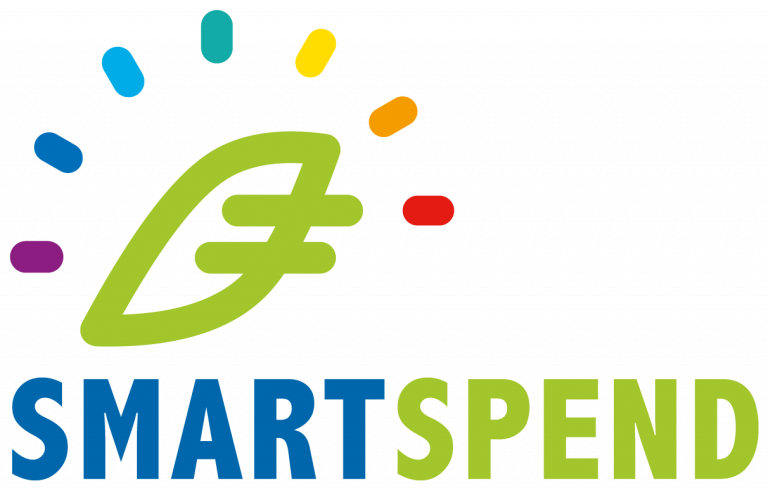
What is SMARTSPEND? Industry, national governments and the European Commission all want to invest in clean energy Research & Development. SMARTSPEND is a 3-year, EU-funded project running until 30 November 2021, that aims to find new ways to coordinate and increase those investments. The SMARTSPEND project is supporting the execution of the Strategic Energy Technology Plan (SET Plan) of the European Commission.

Geothermal is currently engineered as an “always on” baseload supply, due to the limited flexibility to throttle the well without scaling and liner fatigue problems, and it is engineered for maximal efficiency at this output level. Geothermal Energy needs to exhibit a high level of fast flexibility to function as a fully reliable and controllable energy source. GeoSmart aims to optimise and demonstrate innovations to improve the flexibility and efficiency of geothermal heat and power systems
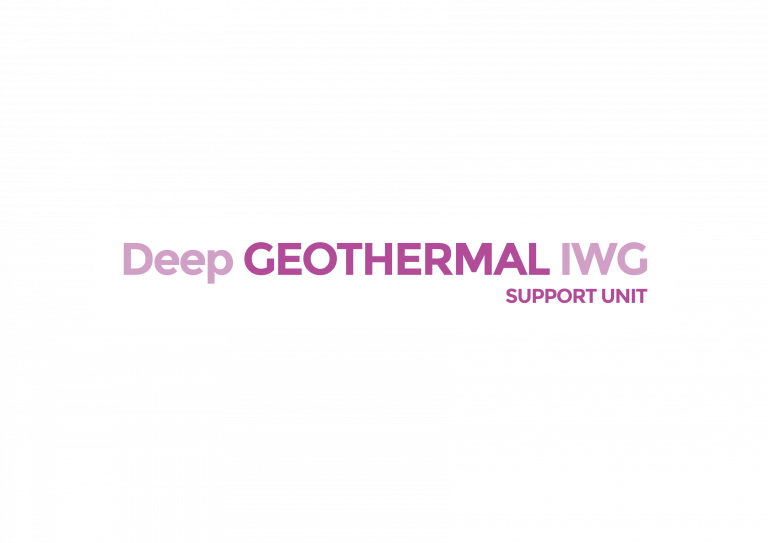
In the SET plan, Europe has set its ambitions also for geothermal. A specific geothermal Implementation plan has been released and is now executed. In order to reach the goals of placing Europe at the forefront of the low carbon energy scene, an Implementation Working Group (IWG) is created to move forward the Deep Geothermal Implementation Plan (DG-IP), endorsed by the SET Plan Steering Committee.

2016 - 2020 GEMex (Cooperation in Geothermal energy research Europe-Mexico for development of Enhanced Geothermal Systems and Superhot Geothermal Systems) has the ambition to bring together the extended Mexican know-how of discovering, developing, and deploying conventional geothermal energy systems with a variety of European expertise from similar geothermal energy systems (Italy, Iceland etc.), of developing EGS technology, and finding new approaches to make use of super-hot geothermal systems. The approach should lead to concepts for extended future deployment of geothermal energy in Europe and Mexico.
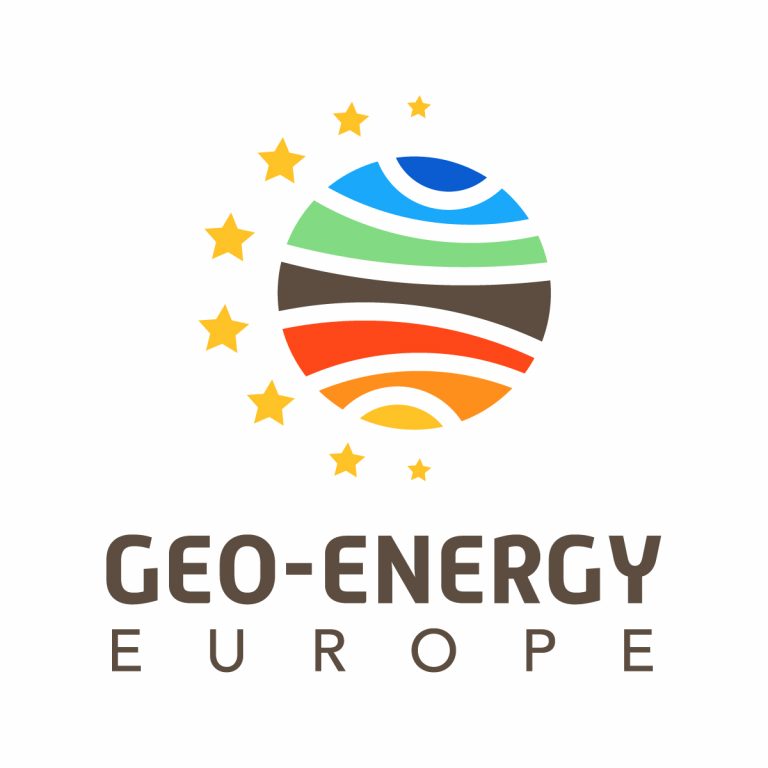
2017 - 2019 The project looks to build a transnational cluster, specifically aimed at increasing SMEs performance & competitiveness in all industries concerned by the use of subsurface for energy, or “geo-energy”. Link to the website.

Ongoing: 2017 - 2019 The project supports the activities of the ETIP-DG (European Technology & Innovation Platform on Deep Geothermal), an open stakeholder group, endorsed by the European Commission under the Strategic Energy Technology Plan (SET-Plan), with the overarching objective to enable deep geothermal technology to proliferate and reach its full potential everywhere in Europe.
Concluded: 2017 This project focuses on creating guidelines for the development of geothermal in Poland, identifying obstacles for greater use of geothermal energy and presenting it to stakeholders with the aim of achieving a positive and stimulating business environment.

Concluded: 2014 - 2016 The purpose of the FROnT project (for Fair Renewable Heating and Cooling Options and Trade) was to promote a level playing field for Renewable Heating and Cooling (RHC) in Europe, and develop strategies for its greater deployment. It provided a better understanding about how to deploy RHC in the market. It improved transparency about costs of heating and cooling options (using RHC or fossil fuels), RHC support schemes and end-user key decision factors. This knowledge has helped towards developing Strategic Policy Priorities for RHC to be used by public authorities in designing and implementing better support mechanisms. It also supported the industry in engaging more effectively their prospective clients.

Concluded: 2014 - 2016 KnowRES (Knowledge centre for Renewable Energy Jobs) provides job intelligence to industry, candidates and academic and training institutions, while performing an analysis of the skills needed by the industry to ensure that the provided education and training courses are tailor-made to the sectors’ needs.

Concluded: 2012 - 2015 The ReGeoCities project worked on the integration of shallow Geothermal Energy at a local and regional level. It examined and promoted best practices and an intelligent regulatory framework, supporting cities to reach their SEAPS and the 2020 climate and energy goals. It developed the The Heat Under Your Feet campaign that promotes greater awareness about the ground source heat pump industry in Europe.

Concluded: 2009 - 2014 The GROUND-MED project (Advanced ground source heat pump systems for heating and cooling in Mediterranean climate) demonstrates the next generation of geothermal heat pump (GSHP) systems for heating and cooling in 8 demonstration sites of South Europe.

Concluded: 2012 - 2014 The GeoDH project aimed to overcome the non-technical barriers to the development of geothermal district heating, specifically by: Increasing awareness amongst policy and decision makers about the potential of this technology; Developing strategies for the simplification of the administrative and regulatory procedures and, in some cases, the filling of regulatory gaps; Developing Innovative Financial Models; Training technicians, civil servants and decision-makers of regional and local authorities to provide the technical background necessary to approve and support projects. GeoDH.eu is now an information hub about Geothermal District Heating in Europe.

Concluded: 2008 - 2011 The GeoTrainet project was set up to develop an educational programme which could provide a benchmark standard for training in the sector. The project was a success with the comprehensive programme developed by a broad range of experts from across Europe in high demand in the project countries. GeoTrainet is now an international non-profit organisation Based in Brussels, Belgium, that delivers European wide training and certification programme for shallow geothermal installers, specifically designers (those who carry out feasibility and design studies, including geology) and drillers (who make the boreholes and insert the tubes).
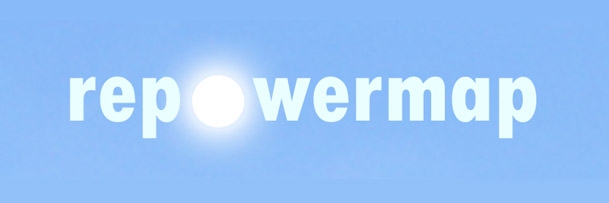
Concluded: 2012 - 2014 Repowermap.org is a non-profit initiative to promote renewable energies and energy efficiency by making visible real-world examples and related local information in each person's neighbourhood on an interactive map. Have you installed a renewable energy system or have you constructed an energy efficient building? Add your example to the map to make it visible and inspire others to take action as well - each example counts!
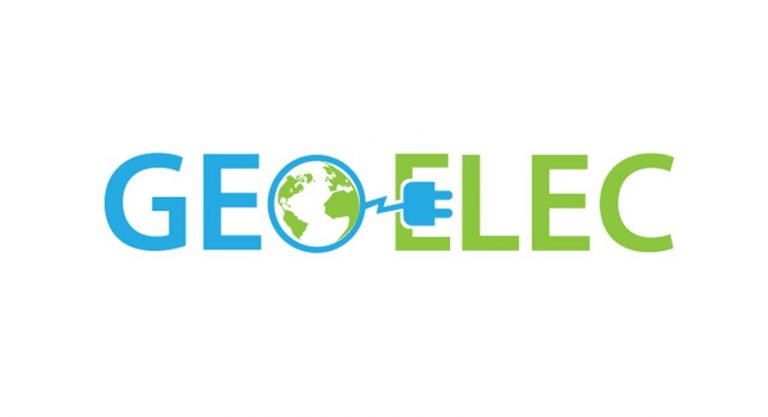
Concluded: 2011 - 2013 GeoElec produced an action plan towards more geothermal electricity generation in Europe, with the objective of doubling the installed geothermal power capacity in Europe by 2020. The project also looked at concrete actions to reach these objectives, for example conditions for financial feasibility, regulatory frameworks, and public acceptance. GeoElec.eu is now a hub of information about geothermal electricity in Europe.

Concluded: 2010 - 2013 The ThermoMap project developed a set of tools to provide information about shallow geothermal (up to 10m) systems and map its potential across Europe. The project harmonised pre-existing data sets relating to geological, hydrogeological, soil, climate and relief geodata with standarised methods, and and then used the data to build an open source web GIS that everyone can use to check the vSGP in a certain area. The tools developed by the ThermoMap project are now hosted on The Heat Under Your Feet website.

Concluded: 2009 - 2011 QualiCert stands for "Common quality certification and accreditation for installers of small-scale renewable energy (RE) systems". In line with Member States (MS) obligations arising from the Directive on RE sources, QualiCert proposed a concerted action on certification and accreditation of installers of small-scale building-integrated RE systems.

Concluded: 2007 - 2009 The GeoThermal Regulation - Heat (GTR-H) project focused on the regulation of geothermal energy for heat in the EU.The reviews and consultations carreid out in the GTR-H project have identified factors that should be addressed in any regulatory system. For more information, download the final report.

In order to decarbonise the electricity, heating, and transport sectors and reach a climate neutrality by 2050, Europe needs a wide range of renewable technologies, including geothermal systems. Geothermal will be a key energy source in the European decarbonized energy mix. Indeed, geothermal is a unique energy source that can provide a significant share of electricity, heating and cooling, thermal storage and minerals such as lithium. It is a source of energy which is renewable, local and continuously available as it is not dependent on climate conditions. Europe has pioneered the exploitation of geothermal resources for over a century and the EU still maintains a leading role due to research, innovation and the development of new technologies allowing the production of geothermal power as well as heating and cooling everywhere.

Heating and cooling represents 50% of the energy demand in Europe and 80% of the energy consumption in households. The decarbonisation of heating and cooling is essential to the decarbonisation of our energy sector. It is a major challenge that needs to be addressed urgently. The Clean Energy Package introduced several measures aiming at increasing considerably the uptake of renewable heating and cooling solutions until 2030. Most Member States have yet to design strategies for the heating and cooling sector that are ambitious and effective enough in order to comply with the Renewables Directive, namely Article 23.

Geothermal heat pumps (GHPs) are the most effective and versatile technology solution today to lower the carbon footprint and fossil fuel dependency (nowadays, over 75% of household heating demand energy in the EU is being covered by fossil fuels) in the heating industry.

The objective of the COOLING DOWN project is to propose a vision for a renewable cooling sector in Europe in the coming decades, and issue policy recommendations and proposals to achieve it.

Developing a single access point for the market uptake of geothermal energy use in multivalent heating and cooling networks across Europe. Read more about the project.

The European Technology and Innovation Platform on Renewable Heating & Cooling (RHC-ETIP) brings together stakeholders from the biomass, geothermal, solar thermal and heat pump sectors – including the related industries such as district heating and cooling, thermal energy storage, and hybrid systems – to define a common strategy for increasing the use of renewable energy technologies for heating and cooling.

Geothermal is currently engineered as an “always on” baseload supply, due to the limited flexibility to throttle the well without scaling and liner fatigue problems, and it is engineered for maximal efficiency at this output level. Geothermal Energy needs to exhibit a high level of fast flexibility to function as a fully reliable and controllable energy source. GeoSmart aims to optimise and demonstrate innovations to improve the flexibility and efficiency of geothermal heat and power systems

Ongoing: 2018 - 2021 GEOENVI: Tackling the environmental concerns for deploying geothermal energy in Europe The objective of GEOENVI project is to make sure that deep geothermal energy can play its role in Europe’s future energy supply in an increasingly sustainable way and to create a robust strategy to answer environmental concerns.

2018 - 2021 GEORISK project: Developing geothermal projects by mitigating risks. The project aims to develop financial schemes mitigate the impact of the resource risk by spreading it in such a manner that project developers can accept their fair share of it. This mitigation of the risk through financial instruments allows to lower the financial exposure of developers in case of failure to develop a geothermal reservoir.

What is SMARTSPEND? Industry, national governments and the European Commission all want to invest in clean energy Research & Development. SMARTSPEND is a 3-year, EU-funded project running until 30 November 2021, that aims to find new ways to coordinate and increase those investments. The SMARTSPEND project is supporting the execution of the Strategic Energy Technology Plan (SET Plan) of the European Commission.

In the SET plan, Europe has set its ambitions also for geothermal. A specific geothermal Implementation plan has been released and is now executed. In order to reach the goals of placing Europe at the forefront of the low carbon energy scene, an Implementation Working Group (IWG) is created to move forward the Deep Geothermal Implementation Plan (DG-IP), endorsed by the SET Plan Steering Committee.

2016 - 2020 GEMex (Cooperation in Geothermal energy research Europe-Mexico for development of Enhanced Geothermal Systems and Superhot Geothermal Systems) has the ambition to bring together the extended Mexican know-how of discovering, developing, and deploying conventional geothermal energy systems with a variety of European expertise from similar geothermal energy systems (Italy, Iceland etc.), of developing EGS technology, and finding new approaches to make use of super-hot geothermal systems. The approach should lead to concepts for extended future deployment of geothermal energy in Europe and Mexico.

2017 - 2019 The project looks to build a transnational cluster, specifically aimed at increasing SMEs performance & competitiveness in all industries concerned by the use of subsurface for energy, or “geo-energy”. Link to the website.

Ongoing: 2017 - 2019 The project supports the activities of the ETIP-DG (European Technology & Innovation Platform on Deep Geothermal), an open stakeholder group, endorsed by the European Commission under the Strategic Energy Technology Plan (SET-Plan), with the overarching objective to enable deep geothermal technology to proliferate and reach its full potential everywhere in Europe.
Concluded: 2017 This project focuses on creating guidelines for the development of geothermal in Poland, identifying obstacles for greater use of geothermal energy and presenting it to stakeholders with the aim of achieving a positive and stimulating business environment.

Concluded: 2014 - 2016 The purpose of the FROnT project (for Fair Renewable Heating and Cooling Options and Trade) was to promote a level playing field for Renewable Heating and Cooling (RHC) in Europe, and develop strategies for its greater deployment. It provided a better understanding about how to deploy RHC in the market. It improved transparency about costs of heating and cooling options (using RHC or fossil fuels), RHC support schemes and end-user key decision factors. This knowledge has helped towards developing Strategic Policy Priorities for RHC to be used by public authorities in designing and implementing better support mechanisms. It also supported the industry in engaging more effectively their prospective clients.

Concluded: 2014 - 2016 KnowRES (Knowledge centre for Renewable Energy Jobs) provides job intelligence to industry, candidates and academic and training institutions, while performing an analysis of the skills needed by the industry to ensure that the provided education and training courses are tailor-made to the sectors’ needs.

Concluded: 2012 - 2015 The ReGeoCities project worked on the integration of shallow Geothermal Energy at a local and regional level. It examined and promoted best practices and an intelligent regulatory framework, supporting cities to reach their SEAPS and the 2020 climate and energy goals. It developed the The Heat Under Your Feet campaign that promotes greater awareness about the ground source heat pump industry in Europe.

Concluded: 2009 - 2014 The GROUND-MED project (Advanced ground source heat pump systems for heating and cooling in Mediterranean climate) demonstrates the next generation of geothermal heat pump (GSHP) systems for heating and cooling in 8 demonstration sites of South Europe.

Concluded: 2012 - 2014 The GeoDH project aimed to overcome the non-technical barriers to the development of geothermal district heating, specifically by: Increasing awareness amongst policy and decision makers about the potential of this technology; Developing strategies for the simplification of the administrative and regulatory procedures and, in some cases, the filling of regulatory gaps; Developing Innovative Financial Models; Training technicians, civil servants and decision-makers of regional and local authorities to provide the technical background necessary to approve and support projects. GeoDH.eu is now an information hub about Geothermal District Heating in Europe.

Concluded: 2008 - 2011 The GeoTrainet project was set up to develop an educational programme which could provide a benchmark standard for training in the sector. The project was a success with the comprehensive programme developed by a broad range of experts from across Europe in high demand in the project countries. GeoTrainet is now an international non-profit organisation Based in Brussels, Belgium, that delivers European wide training and certification programme for shallow geothermal installers, specifically designers (those who carry out feasibility and design studies, including geology) and drillers (who make the boreholes and insert the tubes).

Concluded: 2012 - 2014 Repowermap.org is a non-profit initiative to promote renewable energies and energy efficiency by making visible real-world examples and related local information in each person's neighbourhood on an interactive map. Have you installed a renewable energy system or have you constructed an energy efficient building? Add your example to the map to make it visible and inspire others to take action as well - each example counts!

Concluded: 2011 - 2013 GeoElec produced an action plan towards more geothermal electricity generation in Europe, with the objective of doubling the installed geothermal power capacity in Europe by 2020. The project also looked at concrete actions to reach these objectives, for example conditions for financial feasibility, regulatory frameworks, and public acceptance. GeoElec.eu is now a hub of information about geothermal electricity in Europe.

Concluded: 2010 - 2013 The ThermoMap project developed a set of tools to provide information about shallow geothermal (up to 10m) systems and map its potential across Europe. The project harmonised pre-existing data sets relating to geological, hydrogeological, soil, climate and relief geodata with standarised methods, and and then used the data to build an open source web GIS that everyone can use to check the vSGP in a certain area. The tools developed by the ThermoMap project are now hosted on The Heat Under Your Feet website.

Concluded: 2009 - 2011 QualiCert stands for "Common quality certification and accreditation for installers of small-scale renewable energy (RE) systems". In line with Member States (MS) obligations arising from the Directive on RE sources, QualiCert proposed a concerted action on certification and accreditation of installers of small-scale building-integrated RE systems.

Concluded: 2007 - 2009 The GeoThermal Regulation - Heat (GTR-H) project focused on the regulation of geothermal energy for heat in the EU.The reviews and consultations carreid out in the GTR-H project have identified factors that should be addressed in any regulatory system. For more information, download the final report.
